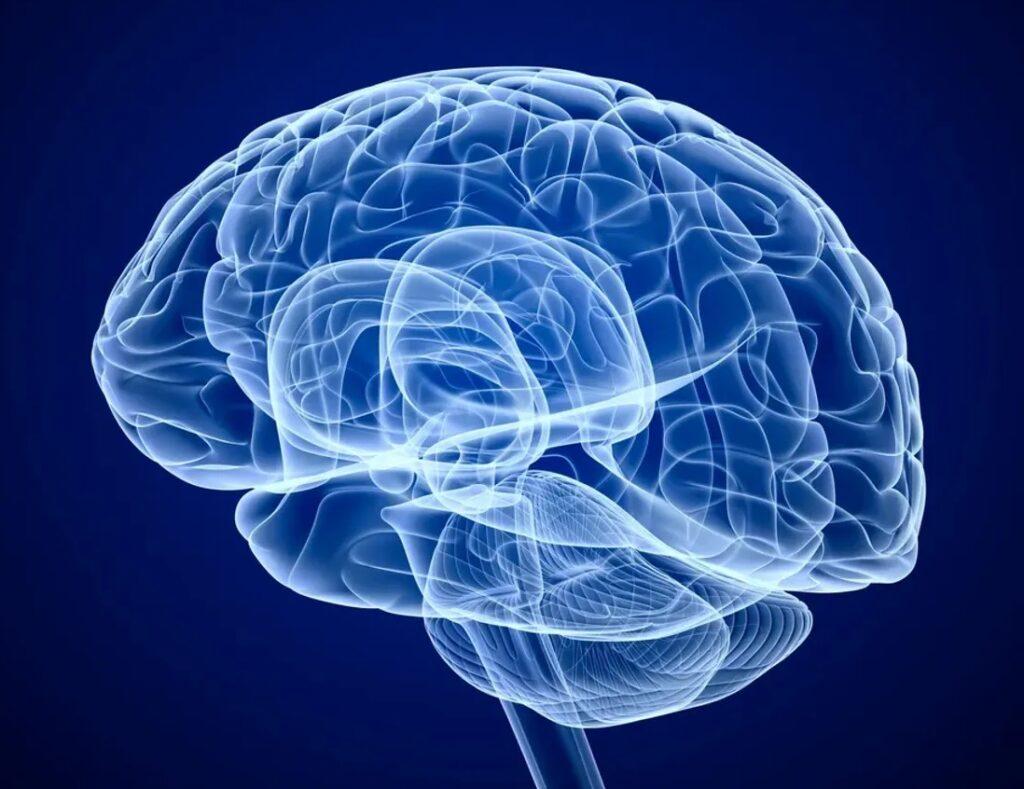According to a new study published in the journal Cellular Signalling, cannabinoids may play a crucial role in preventing and treating brain diseases by regulating key physiological processes in the central nervous system.

Conducted by researchers from Qingdao University, the study highlights the impact of cannabinoids on neuroinflammation, oxidative stress, apoptosis, autophagy, and neurogenesis.
According to the study, cannabinoid receptors (CBRs) mediate these functions through several inflammatory pathways, including nuclear factor-κB (NF-κB), NOD-like receptor protein 3 (NLRP3) inflammasome, mitogen-activated protein kinase (MAPK), protein kinase B (Akt), and cAMP-dependent protein kinase (PKA). A key focus of the research is microglia, the primary immune cells in the CNS responsible for mediating neuroinflammation. By influencing these pathways, cannabinoids may help regulate immune responses and cellular health in the brain.
The study also presents a table summarizing the role of cannabinoids in various brain diseases, emphasizing their protective effects in neurological conditions. The authors propose that cannabinoids could be useful in preventing and treating disorders related to ferroptosis, lactate metabolism, and mitophagy—three biological processes associated with neurodegeneration.
The study concludes:
Medical use of cannabinoids has protective effects in preventing and treating brain diseases; however, excessive and repeated use can be detrimental to the CNS. We propose that cannabinoids hold significant potential for preventing and treating brain diseases, including ferroptosis, lactate metabolism, and mitophagy, providing new insights for further research on cannabinoids.







